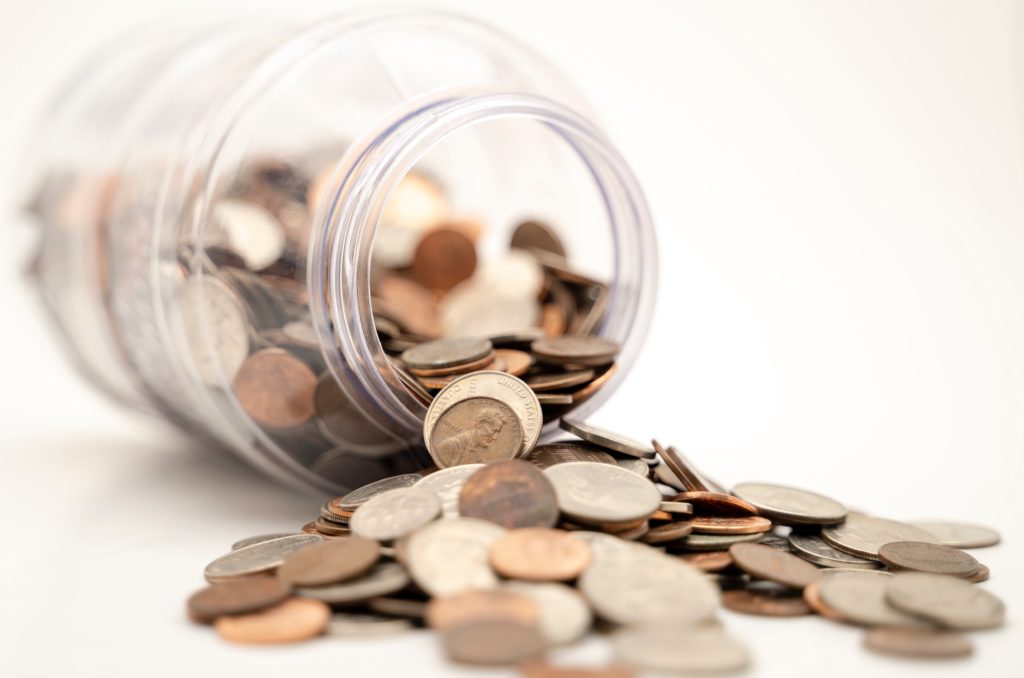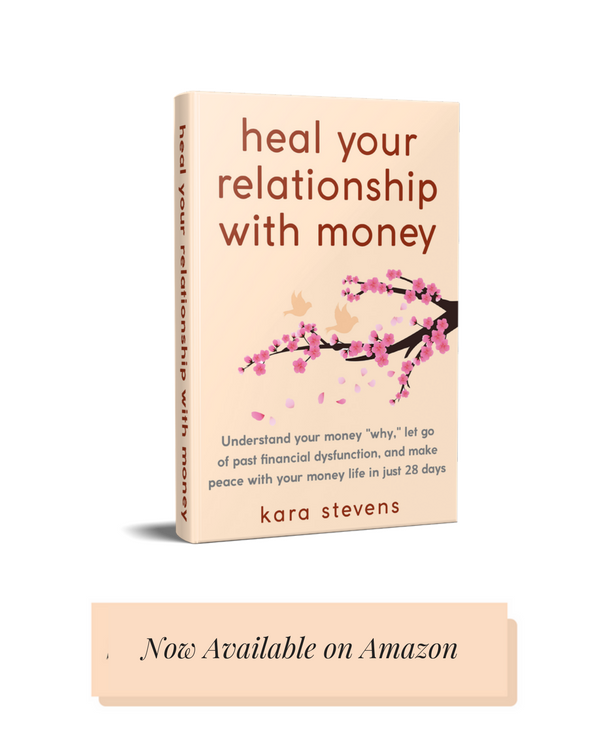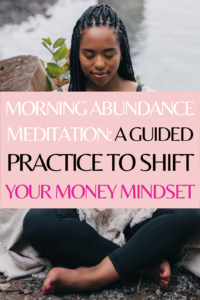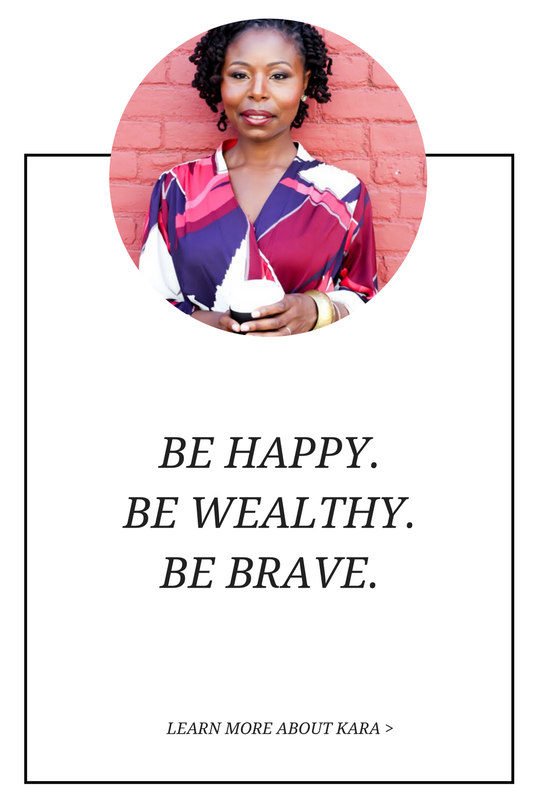
I recently had an interview with a journalist from CNN about credit card debt. It inspired me to share all of my answers to his questions with you since they all weren’t included in the article.
Why is credit card debt so damaging?
Credit card debt is damaging when you’re unable to repay the money back and find that you’re using credit cards to subsidize a lifestyle that you cannot afford. More importantly, using credit cards with a high interest means that you’re paying more money to buy an item that technically you can’t afford. Consistently using credit cards for daily living like food bigger items like rent signals that there’s possibly a money management issue or an income issue. With the former, it means that you may actually have enough money to meet all of your needs and some of your wants, but a lack of values-based budgeting or prioritizing of goals, (or setting of goals ) and overall planning will lead to an abusive of credit.
The latter may signal that you’re not making enough income to make ends meet, despite adhering to budgeting. A few factors to consider that contribute to this problem: choice of career/industry, choice of residence including which city you live in, and which part of that city you choose to reside in.
Moreover, staying in credit card debt is so damaging because it never gives you a chance to shift your thinking to wealth. When you have debt, all you want to do is get out of debt, and not necessarily build wealth. Credit card debt can essentially “arrest “your wealth development because you can’t get past this phase.
How does credit card interest make it difficult to pay down your debt?
Credit cards charge interest when you don’t pay off your full balance by the due date each month. When you carry a balance from month to month, interest is charged on a daily basis and it compounds daily meaning that the interest that you’re charged on one day will also become a part of the balancing accruing the next. This, combined with the fact that credit cards are known for having exorbitant rates and you’re charged late fees for inability to pay on time which then becomes a part of your new balance and accrues interest, gives you a high-level picture for why credit card interest makes it difficult to pay.
If you have balances across multiple credit cards, what’s the best way to make a plan to start paying them down? I think it really depends on your feelings. As the author of heal your relationship with money, I know that emotions play a huge role in our ability to even confront debt. So eliminating any debt could be a win for someone. Here are some considerations.

Another approach is the debt avalanche approach. With the debt avalanche method, you target the debt that carries the highest interest. You choose this strategy because you know that you’ll save money and time by eliminating the most costly debt and its compound interest first. In other words, your motivation with this strategy is to save money.
Your strategy is to organize your debt according to interest (highest to lowest) without paying attention to the balance. In the event that you have two balances of different amounts with the same interest rate, you prioritize the one with the highest balance. You make the minimum payments on your lower-interest balances while applying all your extra money to the debt with the highest interest rate.
You can actually employ both. People that have success with the Debt Domino approach sometimes switch to the Debt Avalanche strategy once they’ve internalized their success and no longer need an immediate win to stay motivated. They are now motivated by the chance of saving money by killing the credit card debt with the highest interest as quickly as possible.
If you have a credit card that’s costing you money from an annual fee, should you cancel it?
Generally speaking, a credit card that has an annual fee offers better rewards on purchases and premium perks like access to airport lounges or exclusive events. If this is something that you value, then you may want to keep the card. If not, then canceling makes sense since the annual fee is added to your balance.
Also, the first year annual fee is usually waived. This gives you a chance to try out the credit card and see if it’s a worthwhile expenditure.
Frugal Feministas: Are you taking care of your credit card health? Will any of the tips in this article help you move forward with financial confidence?











2 Comments
Hi Kara, so if you have a credit card that charges a yearly fee, the best thing to do is pay it off and then cancel it?
You don’t have to cancel them, you can just stop using them. Keeping but not using credit cards, especially those with a history of payments, works toward your credit score (FICO).